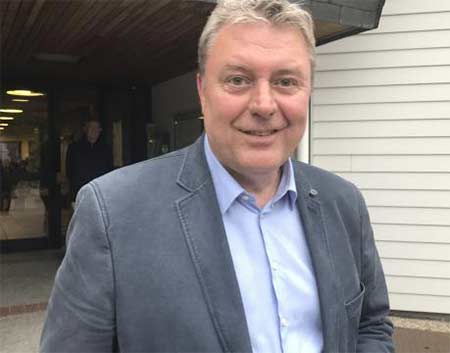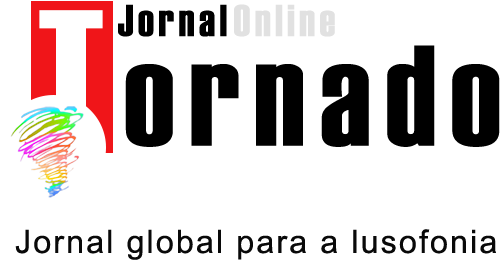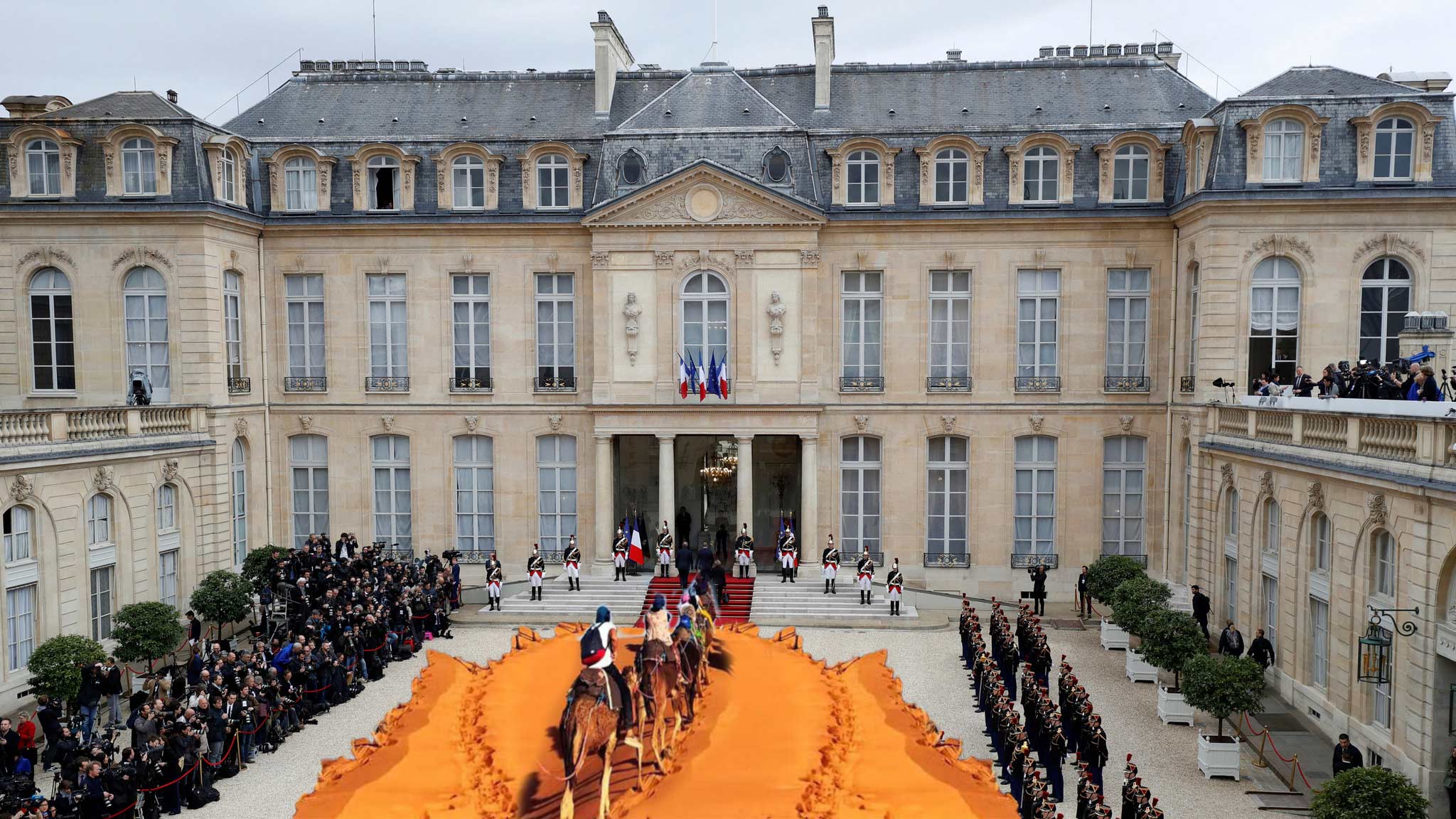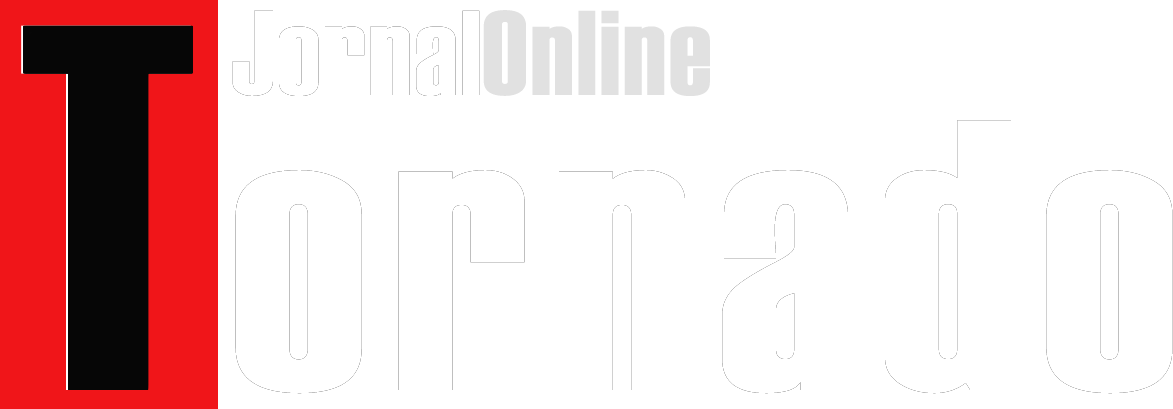French deputy Jean Paul Lecoq denounces the complicity of France with Morocco in the conflict of Western Sahara. In an interview with PUSL / Tornado, the MP points out the seriousness of the situation of Saharawi political prisoners held in Moroccan prisons and the need for a resolution of the conflict that has been postponed since 1991.
The role of France is thus exposed by the MEP who is President of the Group for Western Sahara in the French Assembly. This group is made up of deputies from various parties and has closely monitored the latest developments in the conflict. With renewed hope of the international community in the negotiations that Horst Koehler, personal envoy of the Secretary General of the Nations, intends to rekindle, the political contributions and pressures for the conflict to be resolved in the framework and respect of the UN resolutions so that the self determination of the Saharawi people is reached are essential.
PUSL / Tornado: Do you think that France, as a permanent member of the UN Security Council should play a more active role in regards to MINURSO (UN Mission for the Referendum in Western Sahara), and if so, to what extent?

Jean Paul Lecoq: France is one of the five permanent members of the Security Council and has the right of veto. This very important power is used to satisfy the Moroccan Kingdom in all its demands, and thus contributes to throwing oil on the fire.
Instead France should fight to accelerate the peace process and to ensure that the on-site UN Mission, MINURSO, is finally able to implement the referendum on self-determination planned since 1991 and to protect Saharawi citizens.
A strong expectation has been created around the action of the special envoy of the UN Secretary-General for Western Sahara Horst Köhler, which may allow a step forward in the resolution of this conflict this year. This mission has been accelerated by the United States, which wants to end all the UN missions that are blocked. This country, the first financial contributor to the UN wants to reduce the cost of this international institution, and quickly.
The only concern is that in the very rapid pace of the American will to resolve conflicts, France is not in the direction of self-determination of peoples and respect for international law, but is working to endorse the situation at the international level. France supports Morocco and its solution of autonomy, which would amount to validating the Moroccan colonization of this territory. History has shown us that peace is not written in this way.
How would you describe the situation of Saharawi political prisoners and the action of the United Nations, specifically the human rights mechanisms?
The situation of Saharawi political prisoners is extremely serious and urgent. But, of course, the United Nations, as an international body, has slow diplomatic processes, and does not have coercive force.
However, the action of the UN in the case of Saharawi political prisoners is very important because it contributes to make known the human rights violations perpetrated by Morocco to the whole world.
This symbolic pressure may even be even more important: Morocco could be ostracized by some international institutions for non-compliance with the treaties it has ratified.
I therefore think that the pressure on the United Nations must be maintained to demonstrate the institutionalization of torture carried out by Morocco on political detainees, and individually, on each Saharawi political prisoner. Ultimately, this will increase pressure on Morocco and its state or economic partners.
France has a special relationship with the Kingdom of Morocco, to what extent do you think this relationship could help Morocco to ensure that it respects the UN decision of the Committee against Torture in the case of political prisoners? Sahrawi?
The Franco-Moroccan relationship could be very useful to solve the dramatic situation of Saharawi political prisoners. With ties of friendship between France and Morocco, our country has a privileged position to lead this conflict to a positive outcome.
The strong ties of friendship between the two countries would allow France to ask Morocco to stop the torture or to advise an acceptable solution from the point of view of international law to exit the conflict. To tell Morocco that is a friend country implies the courage to tell the Moroccan Kingdom that it is not on the right path, as each of us would say to a friend.
But France is today in a very ambiguous position, because it seems to accept all that Morocco demands, including intolerable things for a free country like recently the abduction of a work of art referring to the Moroccan-Saharawi war at the Pompidou Center or the cancellation of the concert of a Saharawi artist at the Institute of the Arab World. This is surprising behavior in view of the values that animate my country.
However, with all the efforts that France is conducting on the international scene to resolve the conflict in favor of Morocco for more than forty years, it seems however that French diplomacy has lost its credibility on this subject: it has become a spokesman of Morocco on the Western Sahara conflict. And the diplomats of other countries are no longer fooled.





